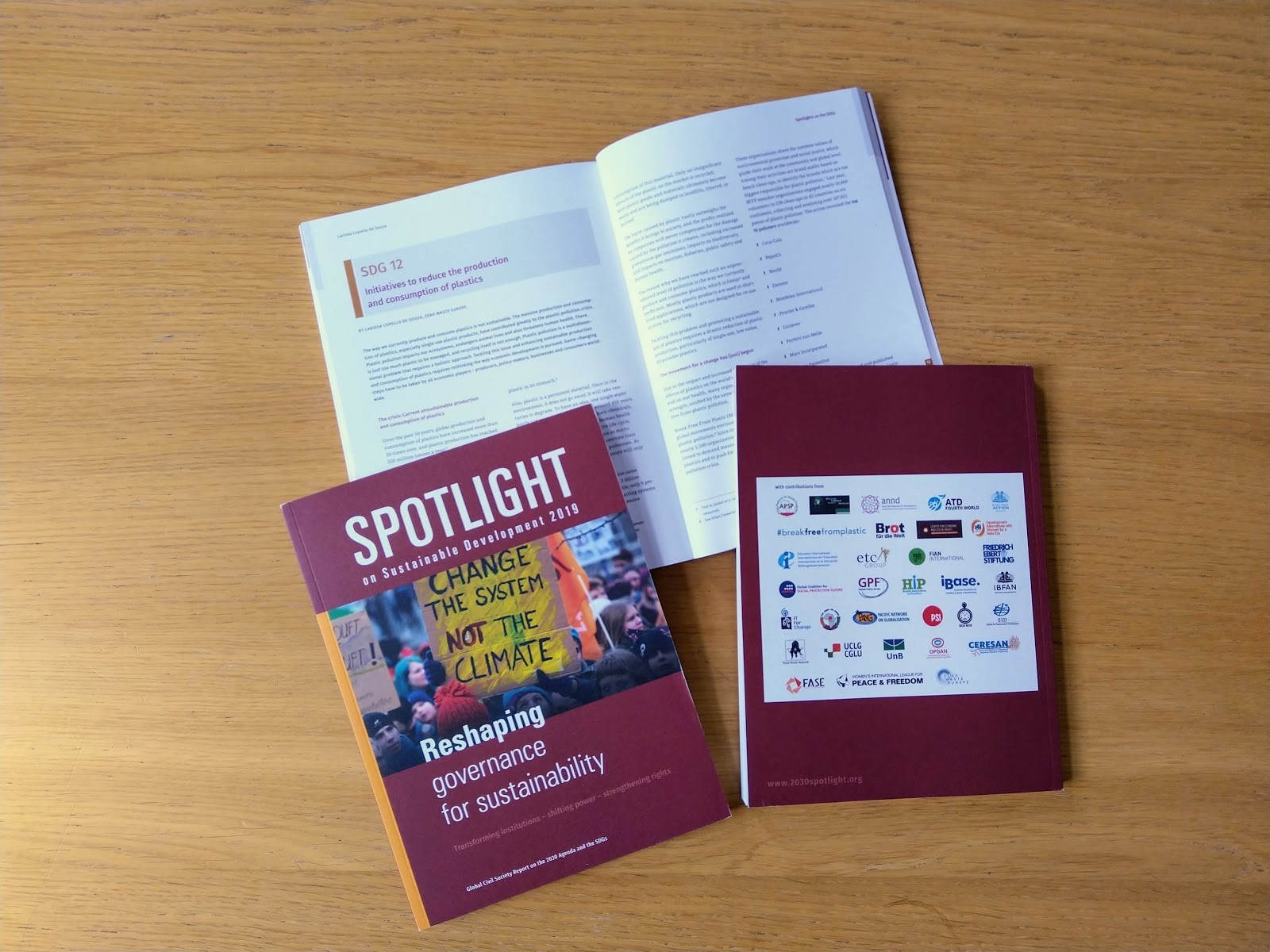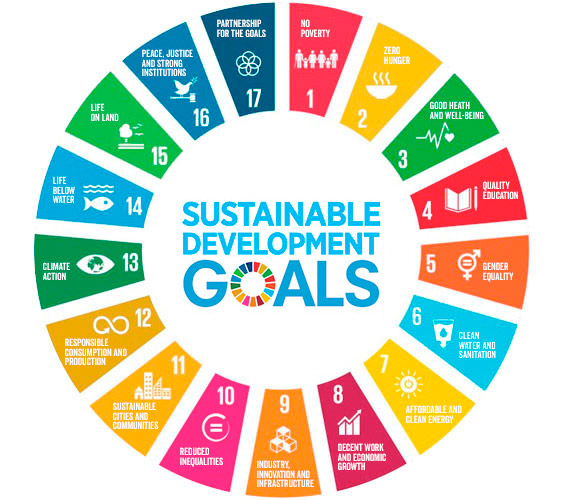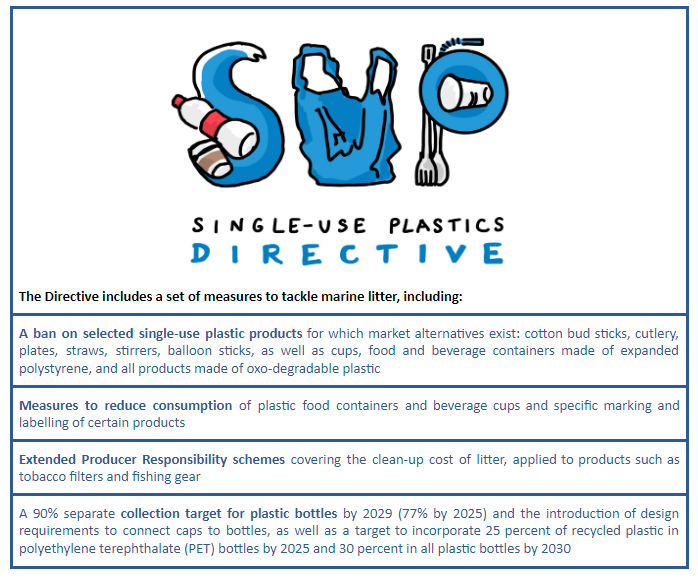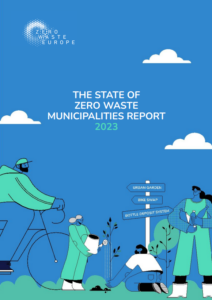Spotlight on Sustainable Development: reshaping governance to reduce the production and consumption of plastics

In 2015, the United Nations adopted the 2030 Agenda for Sustainable Development as a shared blueprint for peace and prosperity for people and the planet. Four years later, however, the world is off-track to achieve the 17 Sustainable Development Goals (SDGs) and most governments have failed to turn the transformational vision of the 2030 Agenda into real policies.
Luckily, there are signs of change. New social movements have emerged worldwide, and they do not only challenge bad or inefficient government policies, but push for a more holistic approach in how and where power is vested. In this context, since 2016, the Global Civil Society has published an annual report assessing structural obstacles and institutional gaps in the implementation of the 2030 Agenda and SDGs.
“The Spotlight Report 2019 shows, that structural transformation is more needed than ever before. It has to start at the local and national level and requires strengthening bottom-up governance and governance coherence”
Jens Martens, Global Policy Forum, “Revisiting the hardware of sustainable development”, Spotlight Report 2019
The Spotlight Report 2019 offers analysis and recommendations on the global governance on sustainability, as well as on how to strengthen participatory governance while posing a challenge and a call to action to world leaders just before the SDG Summit in September 2019.
“A simple software update is not enough – we have to revisit and reshape the hardware of sustainable development at all levels.”
Jens Martens, Global Policy Forum, “Revisiting the hardware of sustainable development”, Spotlight Report 2019
SDG12 – Initiatives to reduce production and consumption of plastics

 As part of the growing social movement, Zero Waste Europe contributed in assessing the 12th SDG that ensures sustainable consumption and production patterns. Our Consumption and Production Campaigner, Larissa Copello, wrote a chapter tackling the main challenges and highlighting possible solutions to the current unsustainable life cycle of plastics.
As part of the growing social movement, Zero Waste Europe contributed in assessing the 12th SDG that ensures sustainable consumption and production patterns. Our Consumption and Production Campaigner, Larissa Copello, wrote a chapter tackling the main challenges and highlighting possible solutions to the current unsustainable life cycle of plastics.
“The way we currently produce and consume plastics is not sustainable. The massive production and consumption of plastics, especially single-use plastic products, have contributed greatly to the plastic pollution crisis that dramatically impacts our ecosystems, endangers animal lives and also threatens human health.”
Larissa Copello, Production & Consumption Campaigner at Zero Waste Europe
Over the past 50 years, global consumption of plastics has increased more than 20 times, and plastic production has reached 320 million tonnes a year. The impacts of plastic litter, especially of single-use and disposable items – such as bags, straws, bottles and most food packaging – are growing as each year more plastic waste accumulates in our environment and oceans. This unprecedented level of pollution has been reached due to the way we currently produce and consume plastics, which is linear and inefficient. Therefore, tackling this issue requires a drastic reduction of plastic production, especially of single-use, and ultimately to rethink the way economic development is pursued.
This unprecedented level of pollution has been reached due to the way we currently produce and consume plastics, which is linear and inefficient. Therefore, tackling this issue requires a drastic reduction of plastic production, especially of single-use, and ultimately to rethink the way economic development is pursued.
How? The movement for a change has (just) begun
Due to the impact and increased awareness of the effects of plastics on the world’s oceans, environment and on our health, many organisations have gathered strength, unified by the same vision: a future that is free from plastic pollution.
Break Free From Plastic (BFFP) is one of the biggest global movements envisioning a future free from plastic pollution. Since its launch in 2016, nearly 1,500 organizations across the world have joined to demand massive reductions in single-use plastics and to push for lasting solutions to the plastic pollution crisis. Thanks to the influence and hard work of this movement, several countries have already taken important steps to cut down on single-use plastics. In Europe, tackling plastic pollution has been a key priority on the EU agenda. In January 2018, the European Commission launched its Strategy for Plastics in a Circular Economy, and in December 2018 the EU agreed on pioneering new laws to reduce the environmental impact of certain plastic products, the so-called Single-Use Plastics (SUP) Directive (to learn more about the SUP directive: check our recommendations). However, the Single-Use Plastics (SUP) Directive is just the first step. Changing the current way plastic is produced and consumed requires a fine balance between regulations and incentives, and government policies have an important role to play in driving the necessary paradigm shift from downstream solutions, such as recycling, to more upstream solutions, including reduction, prevention, and alternative business models. Because of the borderless nature of plastic pollution, a global solution is needed.
However, the Single-Use Plastics (SUP) Directive is just the first step. Changing the current way plastic is produced and consumed requires a fine balance between regulations and incentives, and government policies have an important role to play in driving the necessary paradigm shift from downstream solutions, such as recycling, to more upstream solutions, including reduction, prevention, and alternative business models. Because of the borderless nature of plastic pollution, a global solution is needed.
“The international community needs to come together and agree on an ambitious framework to resolve the crisis: we need a legally binding international agreement to tackle plastic pollution with a full life-cycle approach, and promote the prevention of plastic waste.”
Larissa Copello, Production & Consumption Campaigner at Zero Waste Europe
ZWE main takeaways:
Game-changing steps have to be taken by all economic players – producers, policy-makers, businesses and consumers worldwide. Notably, urgent measures are needed in three key areas:
- Plastics that cannot be recycled should not be produced in the first place, and single-use items, including plastics or any other material, for which reusable solutions are available should be restricted from the market
- Reusable local schemes should be promoted and scaled up where possible
- Countries all over the world should follow this global movement and implement the right economic incentives as well as bans on wasteful single-use products: such measures can really open the door to innovative alternatives
Are you curious to learn more about how to tackle SDGs? Read the full chapter “initiative to reduce the production and consumption of plastic” or download the Spotlight on Sustainable Development 2019 Report.
To discover more about Single-Use of Plastics (SUP): read our latest blog!
Visuals: @bryanMMathers


